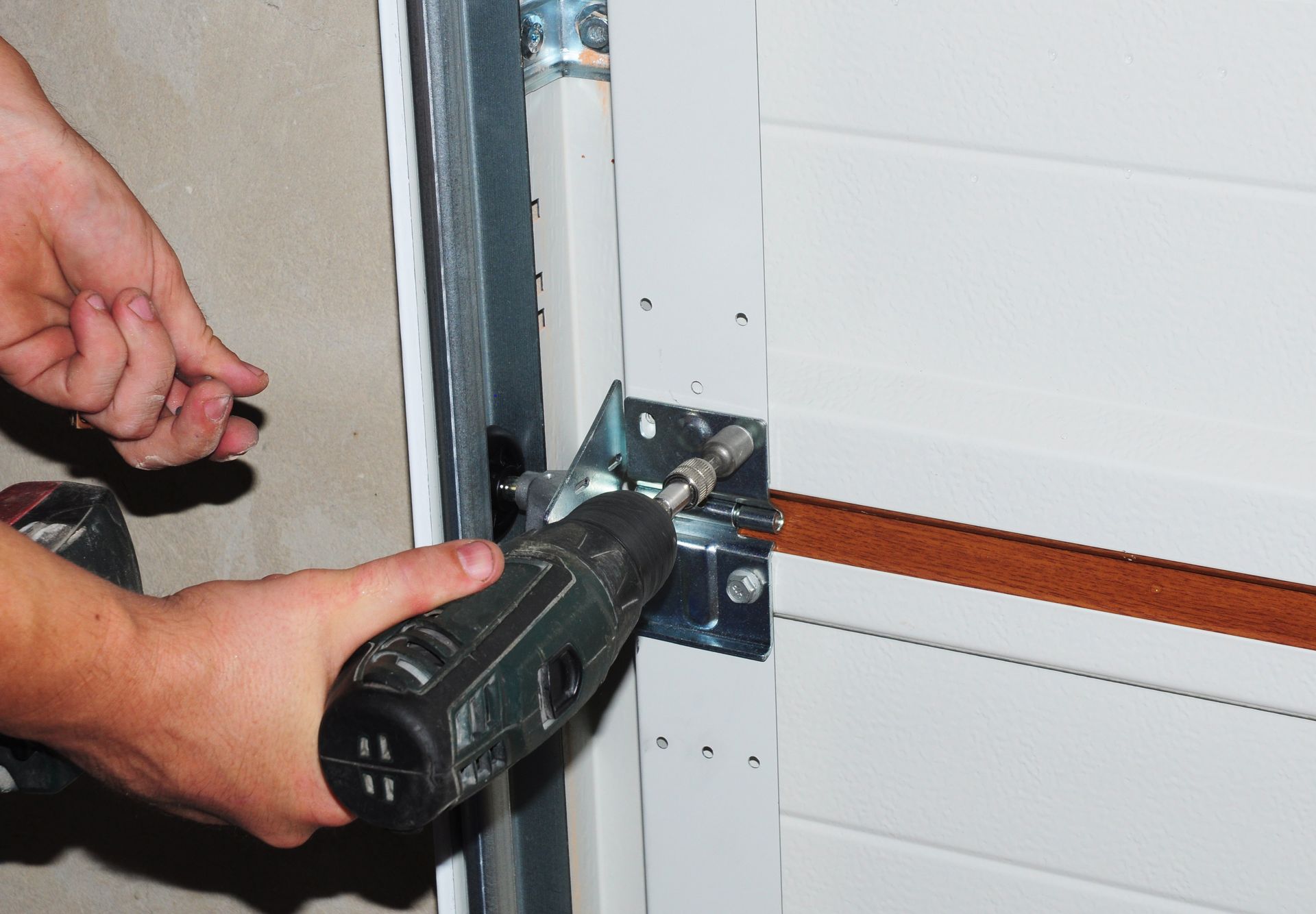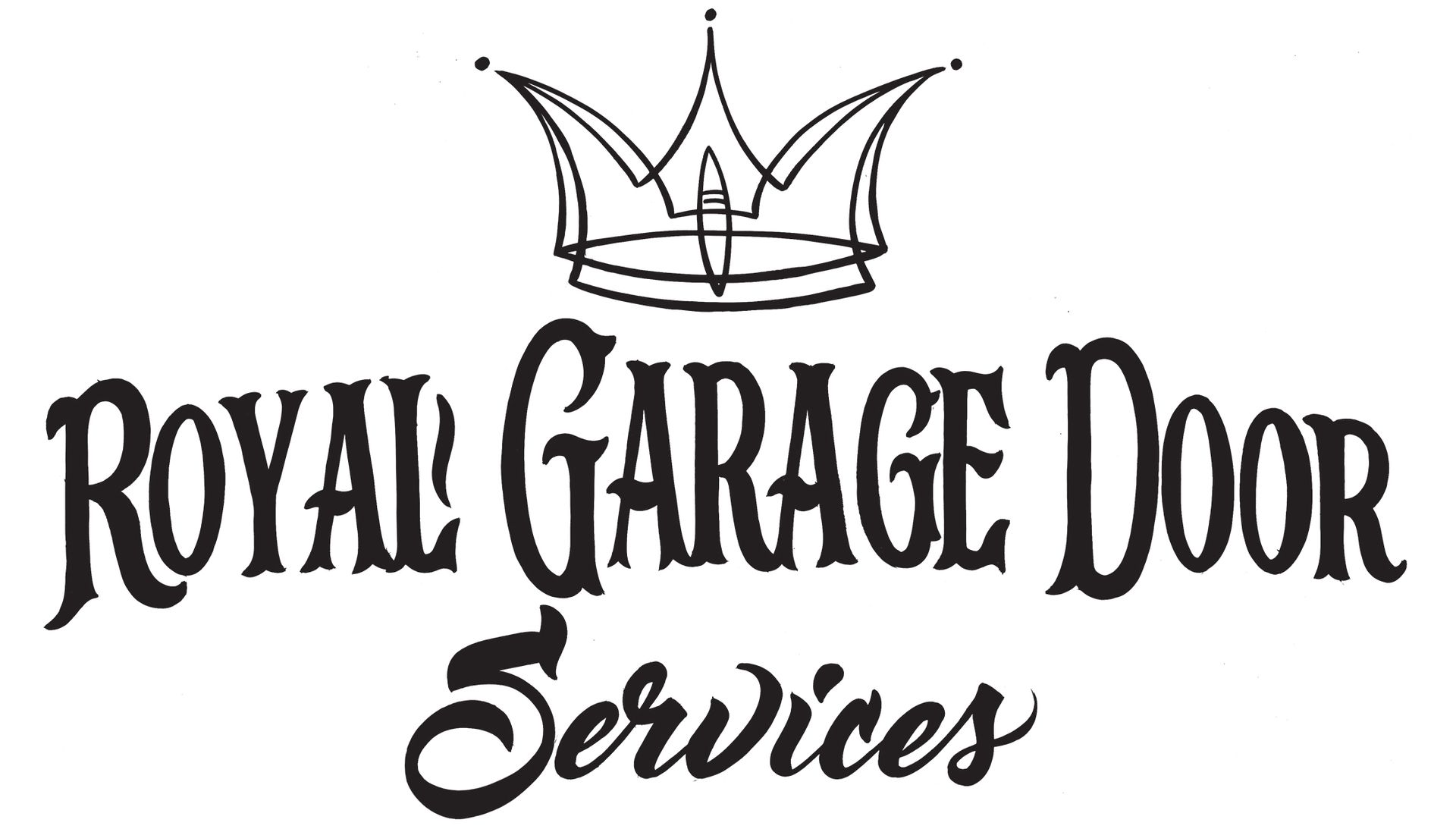9 Signs You Need Professional Garage Door Repair
Between the summer heat and dust that works its way into metal parts, problems can pile up fast, meaning it’s wise to schedule a garage door repair in Las Vegas, NV, before a small squeak becomes a stuck door. Don’t wait for a total shutdown; early action with the repair of your garage door protects your home and avoids bigger bills down the road. For clear guidance, prompt service, and lasting fixes, homeowners count on Royal Garage Door Services to make these repairs straightforward, safe, and effective.
Urgent Warning Signs Your Las Vegas, NV, Garage Door Needs Repair
If you’re noticing odd behavior from your garage door, there’s a good chance the problem won’t fix itself. In a desert city where heat, dust, and seasonal winds are part of daily life, small issues can escalate quickly, and garage access is more than a convenience—it’s about safety, security, and reliability. Homeowners and property managers often ask when it’s time to call for a professional garage door repair, and the answer is usually sooner than you think. Royal Garage Door Services has seen everything from noisy rollers and shaken tracks to snapped springs and burned-out openers. The most important step is recognizing the early clues and acting before damage spreads. When those clues show up, you need garage access that works every day, especially during weather swings and busy routines.
Common Warning Signs Your Garage Door Needs Attention
Before a door stops entirely, it usually gives you hints. Use these signs as a quick checklist to decide whether it’s time to schedule a professional garage door repair evaluation:
- Unusual noises: Grinding, squealing, popping, or rattling sounds often indicate worn rollers, misaligned tracks, or loosening hardware.
- Slow or jerky operation: A door that once moved smoothly but now stutters, hesitates, or sticks could be dealing with lubrication loss, track debris, or opener strain.
- Unbalanced door: If one side dips lower or the door won’t stay put when partially open, springs may be fatigued or broken, which is a safety hazard.
- Excessive vibration: Shaking rails and visible side-to-side wobble suggest track misalignment or mounting bolts that need attention.
- Intermittent remote response: Spotty opener commands point to sensor problems, electrical interference, or a failing motherboard.
- Sagging or frayed cables: Cables that look elongated, frayed, or rusty are a critical warning sign; they carry significant load and should never be ignored.
- Sensor trouble: Flashing lights on the photo-eyes, especially with a clean lens and proper alignment, can indicate wiring or logic board issues.
- Burning smell or smoke from the opener: Overheating motors or circuit issues can escalate quickly; cut power and schedule an inspection.
- Visible gaps in torsion springs: A gap in the coil means a broken spring. Do not attempt a DIY fix—spring tension is dangerous.
When Delay for a Garage Door Repair Becomes Dangerous
It’s tempting to postpone a repair when the door still “sort of works,” but even minor defects can lead to sudden failure. A weakened spring may snap without warning, a misaligned track can cause the door to jump its path, and a struggling opener can burn out, leaving the door immobile at the worst moment. These failures don’t just inconvenience your schedule; they can trap vehicles, block emergency access, or create injury risks. If your door’s behavior has changed noticeably, treating it as a safety priority is the smartest move.
What Causes These Issues? A Quick Look Under the Hood
Garage doors systems are an interplay of tension, balance, and control:
- Springs handle the heavy lifting. Over time, they lose elasticity and eventually fail. Heat and dust accelerate wear.
- Cables and drums keep motion steady. Any fray, rust, or slip can cause a dangerous imbalance.
- Rollers and hinges guide the door. When debris accumulates or lubricant dries out, friction rises and parts grind down.
- Tracks maintain alignment. Minor bends or fasteners working loose lead to noisy, uneven travel.
- Openers provide controlled power. Overhead strain, poor lubrication, or faulty electronics can cause inconsistent performance or complete shutdown.
- Safety sensors and logic boards manage stops and reversals. Misalignment, wiring fatigue, or power surges disrupt reliability.
Understanding this ecosystem explains why a small squeal or hesitation matters: it’s the system signaling stress. Addressing the source early preserves components and prevents a cascading failure.
Choosing Quality Garage Door Repair: Safety and Reliability
When you’re vetting providers, prioritize safety, transparency, and proven expertise. You want quality garage door repair backed by clear diagnostics, up-front explanations, and parts matched to your door’s make and model. Ask about training and certifications, how technicians test balance and safety reverse functions, and what their warranty covers. It’s reasonable to expect a neat work site, courteous communication, and a walk-through of the results, including tips to prevent repeat issues. Ultimately, quality garage door repair means your door opens smoothly, closes securely, and stays that way through daily use and seasonal stress. It also means a provider who respects your schedule with accurate arrival windows and responsive updates if anything changes.
Fast, Skilled, and Customer-Focused: A Local Snapshot
In Las Vegas, NV, neighborhoods, mornings can start early, and a stuck door can derail the day. Imagine a dawn spring snap: an echoing clang, the door frozen halfway, and a car gripped inside with a school drop-off approaching. This is where speed and competence matter. A trusted local team can arrive quickly, isolate the failure, secure the door, replace the correct spring pair for balance, and recalibrate the opener’s travel limits and force settings. The difference shows in the details—checking cable seating on the drums, verifying track alignment, tightening lag bolts, and confirming that the safety reverse triggers at the correct pressure. Good technicians also explain what happened and why, so you leave with confidence rather than just a garage door repair. That blend of fast response, skilled repair, and thoughtful customer care is what sets exceptional service apart.
How to Keep Problems From Snowballing
You can’t eliminate wear, but you can delay it:
- Listen weekly: New noises often precede bigger failures. A minute of attention can save hours later.
- Test balance monthly: With the opener disconnected, the door should hold at mid-height. If it drifts, schedule service.
- Clean and lubricate: Wipe the tracks; don’t grease them. Lubricate rollers (if not sealed), hinges, and springs with a garage-rated lubricant every few months.
- Watch the weather: After windstorms or heavy dust days, check for debris in tracks and sensor alignment.
- Replace remote batteries regularly: Weak batteries cause intermittent control that can mask real mechanical issues.
- Avoid DIY spring or cable work: These components are under high tension. Leave them to garage door repair professionals.
- Document changes: Keep a simple log of noises, delays, or issues. Patterns help technicians pinpoint root causes quickly.
When A Tune-Up Isn’t Enough
Routine tune-ups keep things smooth, but certain conditions call for deeper intervention:
- Repeated reprogramming needed for the opener.
- Door panels bowing or cracking.
- Chronic misalignment after hardware tightening.
- Fraying cables or visible spring gaps.
- Opener motor overheating or tripping breakers.
In these cases, ask for a complete system assessment from a garage door repair service provider, not just a quick fix. A thorough evaluation includes measuring spring torque, inspecting cable wear, checking roller tolerance, verifying track plumb and level, and performing safety-reverse tests. If parts are near the end of their service life, proactive replacement can be more economical—and safer—than repeated minor
repairs and maintenance.

How To Evaluate Repair Results
After any visit, confirm the basics:
- Smooth, even travel without shuddering.
- Balanced door that holds midway by hand.
- Quiet, consistent opener operation.
- Proper sensor alignment and clean lenses.
- Tight hardware with no visible wobble.
- Safety reverse that triggers reliably on light contact or obstruction.
A reputable provider will walk through each of these items with you and answer questions clearly. If they also leave you with practical maintenance tips and a concise summary of what was done, you’ve likely received quality garage door repair that will stand up to daily use.
Finally, when you’re ready to turn insights into action, choose the team that treats your time and safety like their own. Royal Garage Door Services is ready to help homeowners and property managers who need repairs without the runaround, delays, or guesswork. If your springs are groaning, your opener hesitates, or your tracks have shifted, contact us now for a professional repair for your garage door and get your day back on track. Whether you’ve noticed a subtle squeal or a dramatic snap, fast and precise garage door repair is the single best way to prevent larger failures and protect your home. Dust, heat, and daily use take a toll here, so booking your repair at the first sign of trouble keeps costs down and safety up.
Contact Royal Garage Door Services Today!
Don’t settle for uncertainty—get answers, clear options, and results with a proper repair for your garage door from a team that shows up prepared. For prompt scheduling, attentive communication, and tested fixes, choose Royal Garage Door Services and experience garage door repair in Las Vegas, NV, that’s as reliable as it is responsive. Call
(702) 818-5890 now to schedule, restore smooth operation, and enjoy peace of mind with expert services today!
